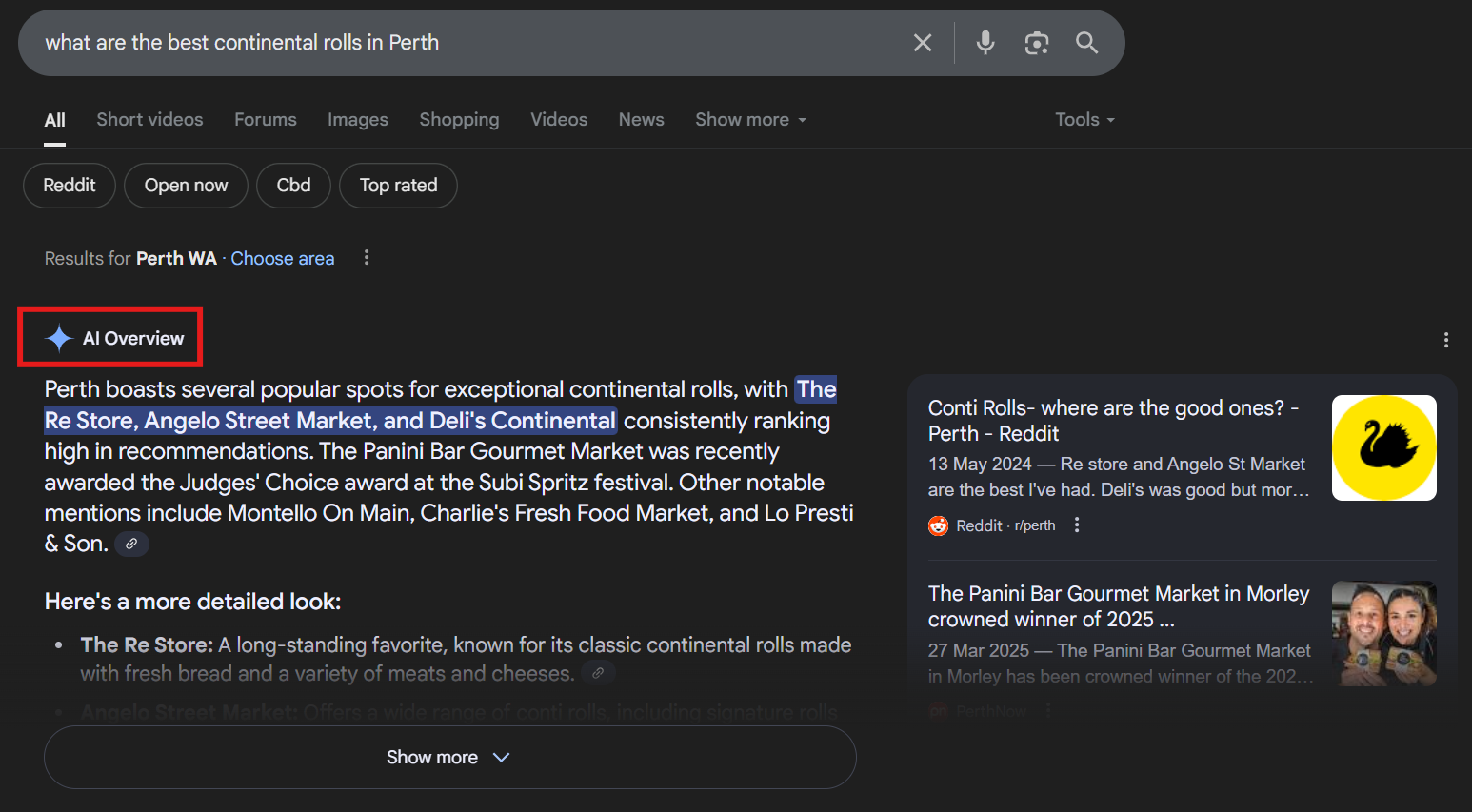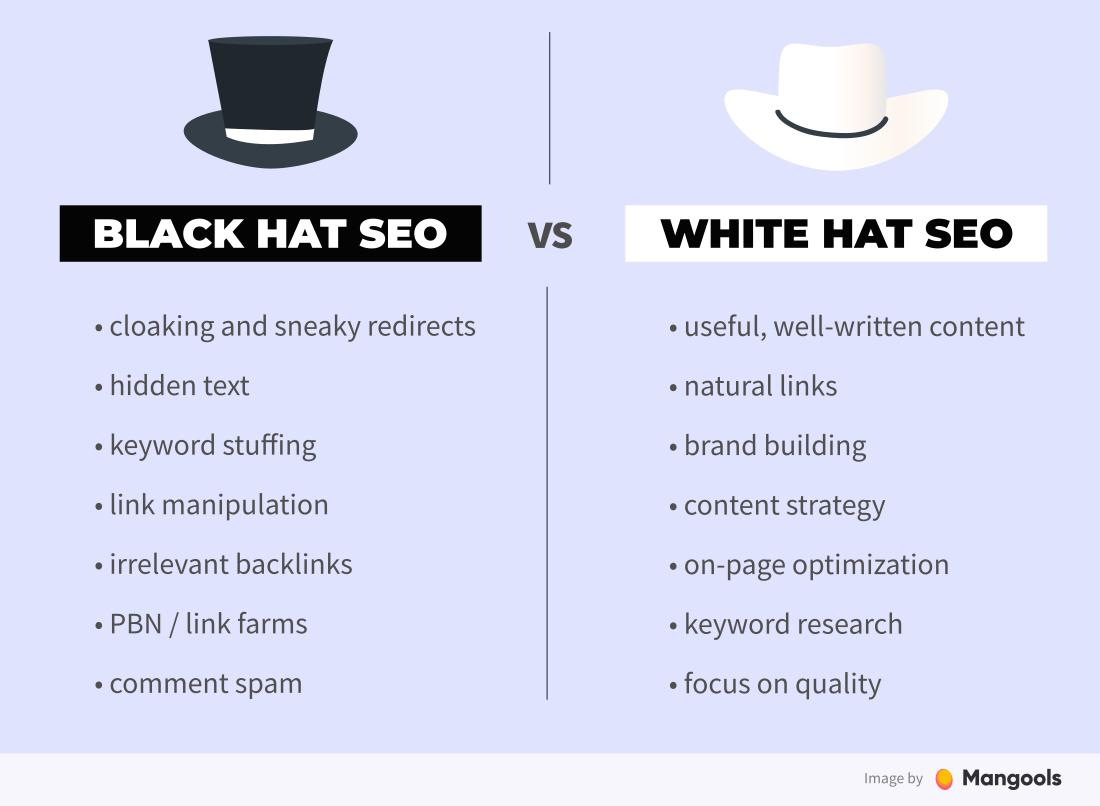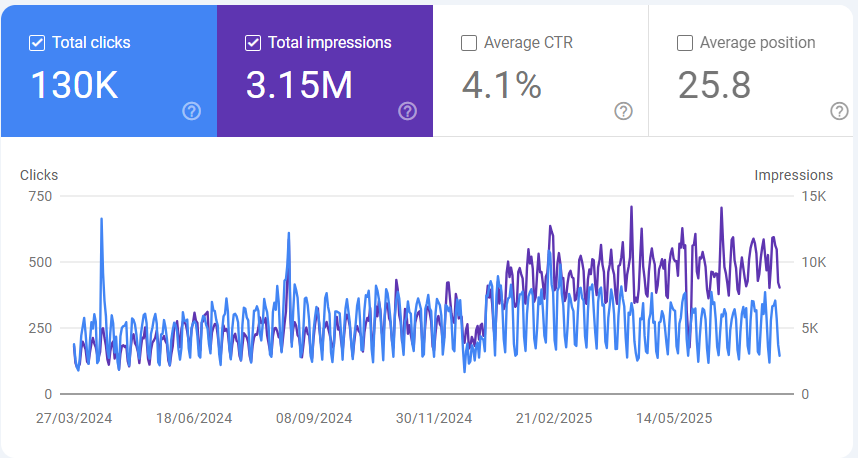SEO relevance has been repeatedly questioned over the last five-or-so years, given the rapid rise of artificial intelligence (AI) in the search landscape. However, as we approach 2026, it’s evident that SEO is not dead, but evolving.
This evolution stems from changing user behaviours and priorities, demanding a more strategic approach from marketers.
Let’s examine what has changed, what remains constant, and the necessary changes for success in this ever-changing (and often scary) environment.
From Blue Links to AI Overviews
The traditional search engine results pages (SERPs), dominated by a list of ten blue links, are increasingly becoming a thing of the past. Search has progressed from ranking pages to directly surfacing answers, primarily driven by AI.
Google currently commands almost 90% of global search traffic. This means Google currently dictates how users interact with search. The most notable shift is the rise of AI Overview, which is becoming the new "front page" of search results.
These AI-generated summaries, paraphrased directly by Google's algorithm, aim to provide instant answers to user queries. Featured Snippets are similar and present information (almost verbatim) from the source, however these are becoming less common due to the popularity of AI Overview.

There is no doubt AI Overviews have led to an increase in zero-click searches. Nearly 60% of Google searches now result in no clicks, meaning users find their answers directly on the SERP without needing to visit a website.
While this might seem concerning for SEO, it shifts our focus from merely acquiring clicks to optimising for visibility and presence within these AI-driven answers.
So… What Exactly is "Dead" in SEO?
If SEO is not dead, what aspects of traditional SEO are no longer effective?
Keyword Stuffing
Overloading content with keywords to manipulate rankings is an outdated tactic. AI algorithms are too smart and will penalise content that prioritises keyword density over genuine value.
Quantity Over Quality
Producing large amounts of mediocre content solely for indexing purposes is ineffective. Quality, depth, and relevance are now paramount.
Ignoring User Intent
Creating content without a clear understanding of what a user intends to achieve with their search query is completely unproductive (and a waste of everyone’s time).

Source: uSERP
And so the fundamental principles of SEO persist…
Strong technical SEO, including site speed, mobile user experience (UX), and schema markup, remains essential.
AI relies on fast-loading, well-structured pages and clear metadata to select content. Elements like schema, clean site architecture, and crawlability are still core requirements.
Content Must be Strategic
Informational with Commercial Intent
A big change lies in our approach to content. Users are no longer typing simple search phrases - they’re asking full questions. It emphasises the importance of keyword clusters and understanding user intent.
An example of adapting is creating content that is educational from a question/answer perspective, however designed and structured with commercial outreach in mind.
This involves providing valuable, informative answers to user questions while subtly guiding them toward products or services.
For example, instead of only a product page, one might create an article titled "How to Choose the Best Inner Tubes for Road Bikes."
Within this piece, a brand's offerings can be naturally introduced as solutions. One move could be using the heading above, answering the question within the body, and completing the snippet with a value-add for the reader.
If this question offers high search volumes, there’s a greater chance of the value-add pulling into the AI Overview alongside the actual answer.
Again, it’s important to focus on UX here and be subtle with offers. Don’t shove brands in their face - keep the focus on answering the question. Trust comes from helpfulness and authority, not sales.
.png)
Source: Robert Katai
Enticing Clicks Beyond the AI Overview
With the rise of zero-click searches, standing out requires an effective approach to meta information. Regardless of whether or not content appears in an AI Overview, SERP meta descriptions and snippets still play a crucial role: they’re designed to entice users to click through for more. They serve as a brief but compelling summary, kind of like a restaurant appetiser setting you up for the main course.
Offering something of value to users within meta descriptions, like a unique benefit, a deeper exploration, or an exclusive insight can help brands stand out amongst competitors.
The objective is to provide users with a clear incentive to click the link, even if an AI overview is present.

Zero-Click Patterns
A common trend since the birth of AI Overview is increased impressions and stagnant clicks. A lot of the time, this can be a result of the growing prevalence of zero-click searches.
Meta descriptions and other snippets must clearly communicate the unique value beyond the initial AI summary, offering a compelling reason for users to click and explore further.
The Role of Questions and the Continued Importance of Keywords
While the focus shifts from solely "ranking for keywords" to "ranking for questions," keywords are still highly relevant. They form the foundation of our questions and the core topic itself.
Modern users ask full questions. Therefore, content should be structured to answer these questions directly.
Utilising FAQ formats, clear headings, and natural, conversational language allows us to answer these questions effectively. This not only enhances the chances of being featured in AI Overviews or Featured Snippets, but also improves user-friendliness.
Underlying keywords are still vital for identifying user interests and topic relevance. Tools like SEMrush and Also Asked assist in researching common questions and keyword clusters related to any subject.
Building Trust in the AI Era
E-E-A-T and Beyond
In an environment where AI synthesises information, building trust is key. Google's E-E-A-T guidelines (Experience, Expertise, Authoritativeness, Trust) are paramount, not just from a UX perspective, but for the ever-mysterious, technical ways Google and other LLMs determine authority.
Content with clear authorship and citations is significantly more likely to be cited by AI tools. Including author bios and proper citations within content gives the impression of credibility and trustworthiness to both search engines and users.
.jpg)
Source: Tech Business News
The Bottom Line: Patience and Precision in the User Journey
Ultimately, the objective of modern SEO is straightforward: deliver the most relevant information to the right user, as quickly and efficiently as possible. Users exhibit less patience with organic search more than ever before.
If AI Overview provides an instant answer, users will prefer it.
This requires an upward shift toward bottom-funnel placements earlier in the user journey. We must anticipate user needs and provide direct, actionable answers:
structure content around real user queries
employ schema markup to enhance AI understanding of content, and most importantly;
cultivate a truly seamless digital experience from query to the destination.
SEO is not dead.
It demands a more empathetic approach to the user journey, greater strategic planning for content, and increased adaptability to the evolving landscape of AI.
The focus is now on optimising for user understanding, not just algorithms.
The core principles of delivering value, trust, and an excellent user experience will always remain central to effective SEO. Learn more about how we're tackling the evolving Generative Engine Optimisation (GEO) landscape.










